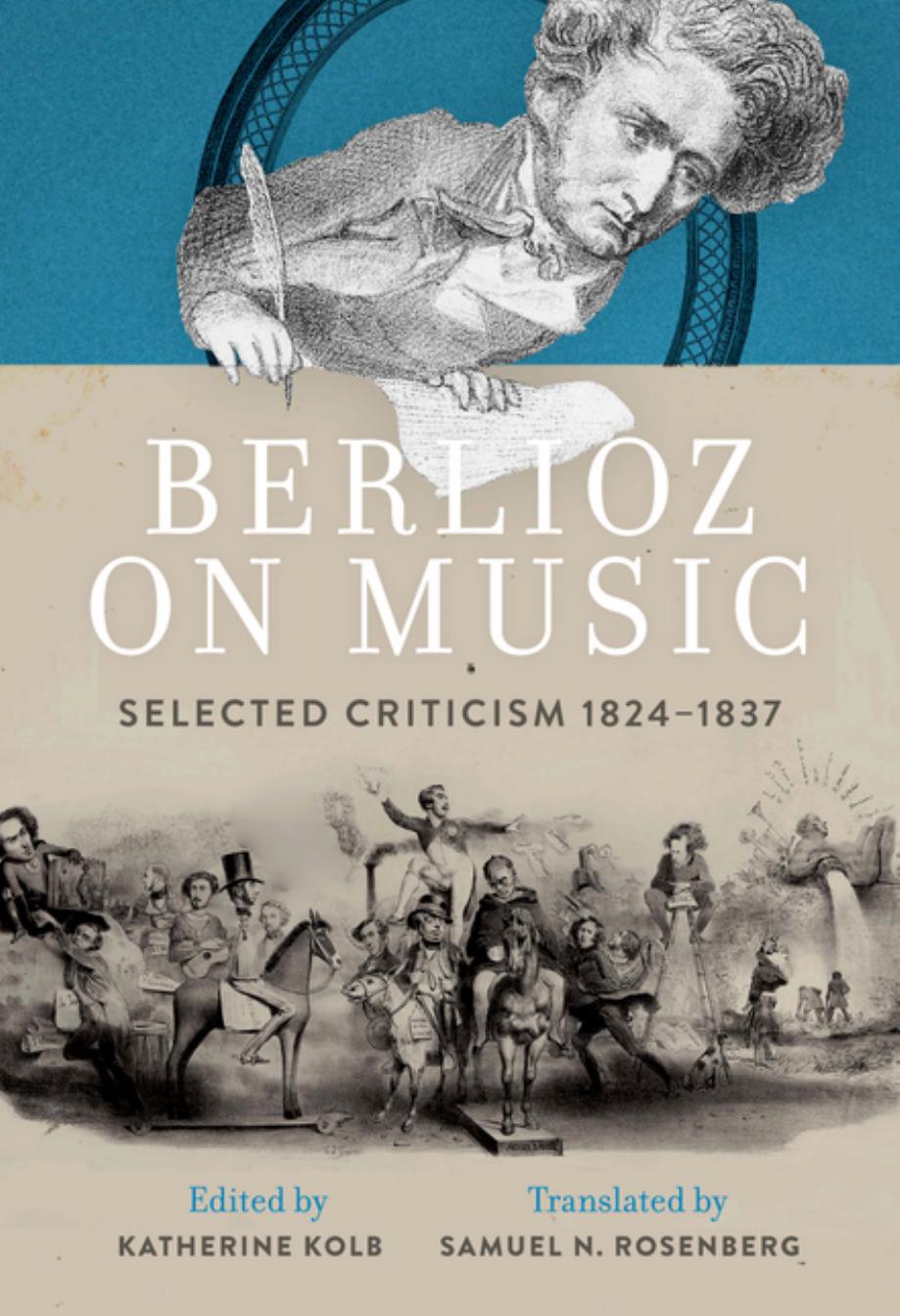

Most ebook files are in PDF format, so you can easily read them using various software such as Foxit Reader or directly on the Google Chrome browser.
Some ebook files are released by publishers in other formats such as .awz, .mobi, .epub, .fb2, etc. You may need to install specific software to read these formats on mobile/PC, such as Calibre.
Please read the tutorial at this link: https://ebookbell.com/faq
We offer FREE conversion to the popular formats you request; however, this may take some time. Therefore, right after payment, please email us, and we will try to provide the service as quickly as possible.
For some exceptional file formats or broken links (if any), please refrain from opening any disputes. Instead, email us first, and we will try to assist within a maximum of 6 hours.
EbookBell Team

0.0
0 reviewsAs a composer, Hector Berlioz embodied his century as the quintessential Romantic artist. Niccolo Paganini called him "Beethoven's only heir," and for a young Richard Wagner, he was dazzling as a composer, orchestra conductor, and critic. But Berlioz was known as much for his writings as for his music, and for decades Berlioz scholars have stressed the need for a good English-language anthology of his criticism. Featuring new translations and commentary by Katherine Kolb and Samuel N. Rosenberg,Berlioz on Music: Selected Criticism 1824-1837 is that volume.
Berlioz's centrality as a critic results from his literary brilliance, his location in Paris -- the music capital of the nineteenth century -- and his 28-year tenure at the powerfulJournal des debats. As one of its founding editors and principal writers, Berlioz contributed about 250 articles to the publication.
Berlioz on Music comprises articles from the first 14 years of Berlioz's public writings, given in chronological order and, with few exceptions, in their entirety. Following chronology affords an overview of Berlioz's evolution as critic and of a key phase in the development of modern musical culture. The volume also presents explanatory data in engagingly composed introductions and footnotes, which elucidate Berlioz's references to persons, musical and literary works, historical events, and more. The reader is allowed to follow musical events during one of the richest periods in French cultural history, including the revolutionary decade surrounding 1830, a year marked by Victor Hugo's victory for the Romantics in the Classical bastion of the Théâtre-Français, by the premiere of Berlioz's Fantastic Symphony, and by the toppling of the Restoration monarchy. The result is an engaging collection of Berlioz's lively prose, presented with scholarly rigor and rendered in accessible English. Music historians, both professional and amateur, as well 19th century European history enthusiasts will findBerlioz on Music a compelling introduction to one of the richest periods of French culture.